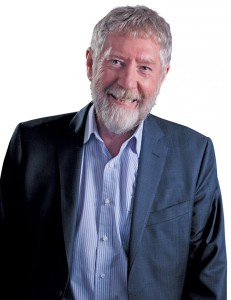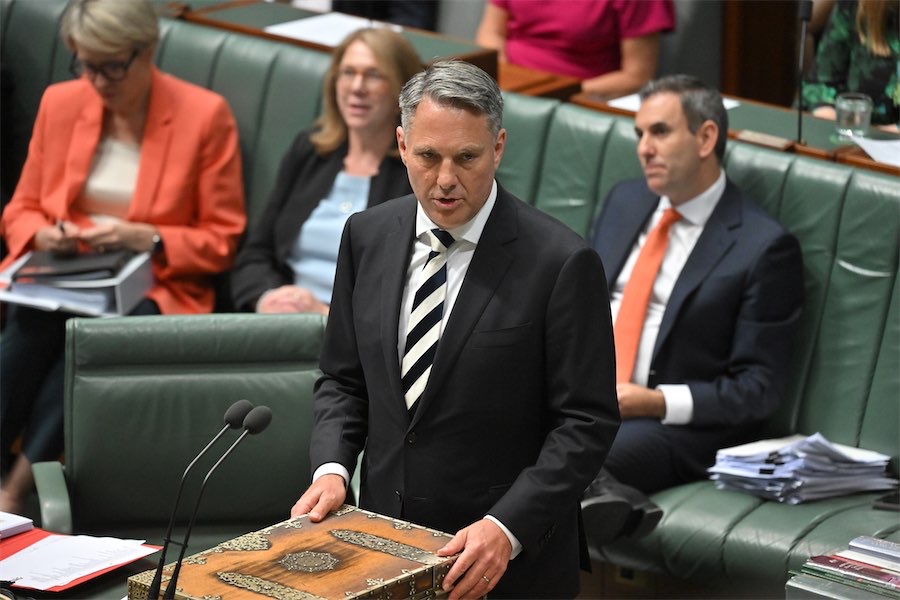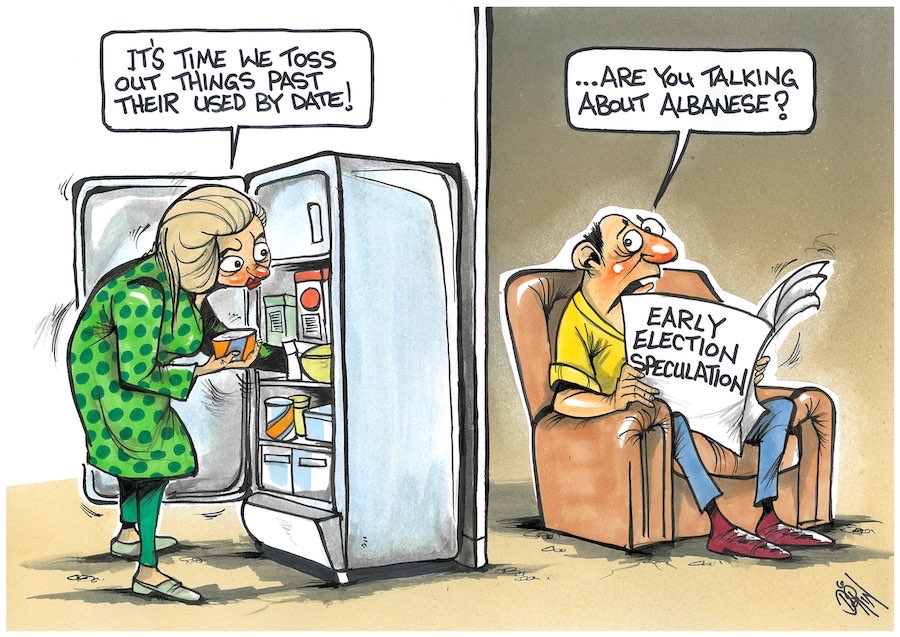FORTUNATELY, we do not live in a theocracy. Fortunately, because when religion is above the law there is always someone who is willing to interpret a direct message from their god.

Worse still, theocrats believe they should be able to impose such views on others – whether they are in a minority or otherwise.
Guilia Jones is a Liberal MLA from the electorate of Murrumbidgee, which largely includes Weston Creek, the Molonglo Valley, Woden and Kambah. Mrs Jones argued in the ACT Legislative Assembly that the sanctity, or the seal, of the confessional should be protected from the law. She is not alone in this view. However, her argument perpetuates the notion that the church (in this case the Catholic Church) should be above the law.
She was joined by another ardent Catholic MLA, Vicki Dunne. Neither eventually voted against legislation requiring mandatory reporting by clergy of cases of sexual assault, including those who have information from the confessional. However, they both spoke against the legislation as a restriction of freedom of religion.
Human sacrifice in the name of freedom of religion would not be tolerated in our society. Female genital mutilation is, and should remain, against the law In Australia despite the beliefs of some. The freedom-of-religion argument is not enough to consider that these examples are acceptable in our society.
Similarly, it is appropriate for the law to ensure every step is taken to protect our children from sexual abuse. The Royal Commission into Institutional Sexual Abuse exposed what happens when appropriate controls are not in place.
Mrs Jones’ arguments deteriorated when she attempted to align the issue of faith and child abuse with the recent massacre of so many people in the Christchurch mosques.
In some kind of distorted thinking she argued: “It is a very bad precedent at a time when we have all been reminded how the targeting of particular religious communities can have devastating consequences.”
Her hypothesis was that specific mention of the confessional in the legislation was “divisive” and was “unnecessary and a demonising act”. Real demonising is conduct where children are sexually abused?
The list of professionals required to report child abuse is extensive from health care professionals through to teachers. There should be no exception for priests. In fact, the last few years of the Royal Commission and the legal case around even very senior church men ought to have demonstrated, even to people of Catholic faith, the consequences of religion being considered above the law.
Committed Catholic leaders include Francis Sullivan, who was the CEO of the Truth, Justice and Healing Council of the Catholic Church in Australia, and former Premier of NSW and now Senator Kristina Keneally. These are just two who have spoken about “clericalism” – or the problem of clerical power within the church. Both identified how the church has lost its way as a “church of the people” while power has been concentrated in the hands of the clergy. And the clergy with such power are mere men.
Sullivan identified the issue of “clericalism” in late December 2017 writing in the “National Catholic Reporter”. He wrote: “The lack of accountability and transparency within the church’s culture, the propensity for clericalism to create a self-protective caste where power and privilege are the operating principles for addressing conflict and personal promotion and, finally, where the image of the institution meant more than the welfare of children.”
Some Catholics are able to see clearly that putting religion above the law simply causes problems. These problems are at their worst when there is a higher priority than protecting children.
ACT Attorney-General Gordon Ramsay responded appropriately suggesting: “This law is about doing whatever we can to keep our kids safe. Nobody is above the laws of our nation, no politician, no religious institution. This is about doing what is right, as we promised and we shall deliver on that promise.”
In the end the ACT Assembly rejected the arguments put by Guilia Jones and Vicki Dunne and passed the legislation without dissent.
Michael Moore is a former member of the ACT Legislative Assembly and an independent minister for health. He has been a political columnist with “CityNews” since 2006.
Who can be trusted?
In a world of spin and confusion, there’s never been a more important time to support independent journalism in Canberra.
If you trust our work online and want to enforce the power of independent voices, I invite you to make a small contribution.
Every dollar of support is invested back into our journalism to help keep citynews.com.au strong and free.
Thank you,
Ian Meikle, editor





Leave a Reply